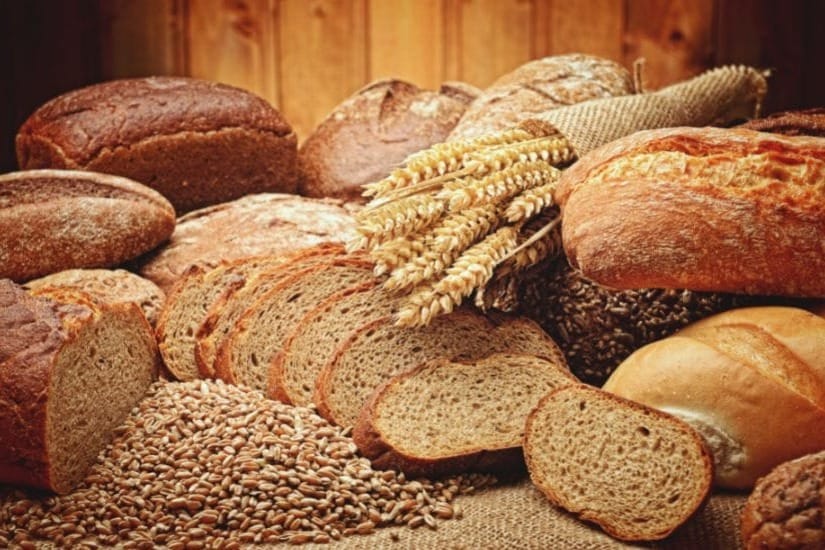Bread
I am the bread of life. Whoever comes to me will never go hungry.

Key words
- Pioneer: to be one of the first people to do something
He pioneered the design of the Internet.
- Personify: to treat something as if it were in the form of a human being
In Greek myth, love is personified by the goddess Aphrodite.
- Equate: to consider one thing to be the same as or equal to another thing
He equated right-wing politics with racism.
- Epitomise: to be a perfect example of a quality or type of thing
Fast Food has come to epitomise American cuisine.
- Appease: to prevent further disagreement or fighting by letting the opposing side have something that they want
They were given a small pay rise but this was not enough to appease them.
Read the article to find the answers
- Why did people settle in Mesopotamia?
- What did the Egyptians pioneer?
- What did the Greeks invent?
- Why did the Puritans leave England for America?
Mesopotamia & Egypt
The foundations of civilisation were laid when people settled in Mesopotamia to await the wheat harvest. Wheat grains were crushed and mixed with water to make a dough that was toasted on a hot stone while Nisaba, the goddess of grain and writing, was worshipped.
Eventually, this flatbread made its way to ancient Egypt, where the annual flooding of the Nile favoured the growth of wheat. The Egyptians invented irrigation systems, canals and dams. They also left the dough to rise in the sun and pioneered the process of yeast fermentation. During Egyptian festivals, priests baked 'divine bread' in the shape of Osiris, the god of agriculture, life, and more.
Greece & Rome
Bread arrived in Greece and was personified by Demeter, the goddess of agriculture and grain, among other things. Driven by the desire for more bread, the Greeks revolutionised baking with the invention of the first bread oven. The Romans adopted bread as the staple food of their expanding empire, equating Ceres with the Greek goddess Demeter.
Instead of relying on military might alone, they pioneered state bakeries and set up a state-sponsored grain dole, providing bread for hundreds of thousands of citizens. This welfare initiative used the power of bread to inspire loyalty. The phrase "bread and circuses" epitomises Rome's strategy of appeasing the masses with food and entertainment.
England & America
For thousands of years, bread has been eaten at Passover to commemorate the Israelites' exodus from Egypt. On one Passover Jesus shared bread with his disciples and instructed them to do the same in remembrance of him.
The belief that the bread becomes the actual body of Jesus Christ in this act of remembrance was rejected by the Puritans. They didn't believe that a priest could change a piece of bread into God. They were known for their strict rejection of what they considered to be superstitious practices, such as the belief in the healing powers of hot cross buns. They began leaving England for North America in the early 17th century, partly because they were persecuted for their beliefs about bread.
Discussion questions
- Do you have any questions about any of the vocabulary or grammar in this article?
- What's your favourite type of bread?
- Do you have special types of bread in your country?
- How has food changed your country?

Book a Lesson
Improve your English language communication skills by practicing with a qualified and experienced native speaker.





